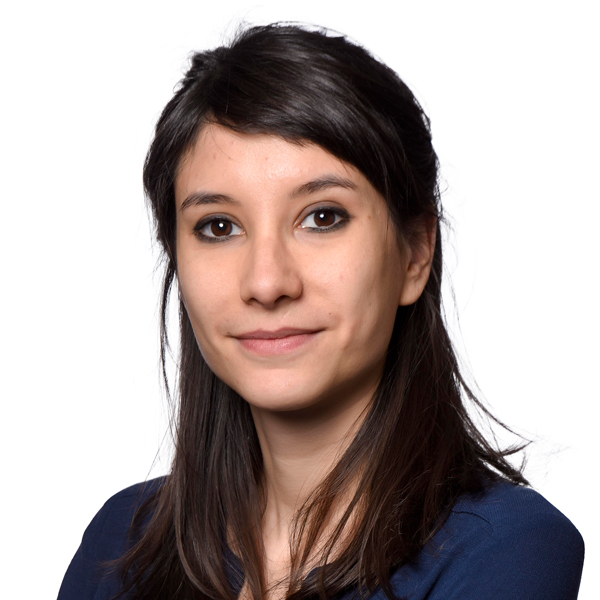#InfoSkillsUOC videos now available
Subject: Multidisciplinary
Learn how to find accurate, high-quality information in less time for your studies and professional life.
The "#InfoSkillsUOC: specialized information search" sessions were developed with the anecdote about the Irish writer John Boyne in mind. In one of his latest works he mistakenly included references to the video game saga The Legend of Zelda. As the novelist explained on Twitter, he ran a Google search on the ingredients of red ink and the results he obtained (Hylian Shroom) caught him out.
Although Google is great for finding information, the search engine requires you to sort through thousands of results and there is a risk of picking content that is not always totally reliable. The training cycle organized jointly by the UOC Library and the publishing group ProQuest aims to present other ways of looking for information and to help improve your digital skills. What can you learn from the videos?
The eight videos of the sessions are available in this playlist on the UOC YouTube channel.
Tricks for identifying and selecting sources of information
What are the most reliable sources in academia for you to use in your assignments? Learn to identify the types of source you can access from the Library, according to the level of information they provide (primary, secondary or tertiary); the frequency with which they are updated (from the news item to the book); and the authors and audience they are intended for (general, professional or academic, the latter being reviewed prior to publication). The main sources of information you will find in our collection are:
- Periodicals
- Books
- Reference works (dictionaries, encyclopaedias, etc.)
- Technical standards
- Conference minutes
- Statistical reports
- Doctoral theses
- Institutional publications
Information searches, step by step
You will find many practical examples of how to carry out searches in the session videos. Before entering a word in the search engine, stop and think for a moment about what you need, to form a clear idea of where and what to search for. The tips shown in the sessions include:
- Define your search terms, i.e. the keywords for the subject matter. Take into account synonyms and related ideas, abbreviations (cognitive behavioural therapy and CBT) and the language used (e.g. CBT is TCC in Catalan or Spanish). Avoid abstract concepts and very long and imprecise search phrases.
- Use advanced search tricks such as search filters to sort the results by format or language. You can also combine terms using the Boolean operators AND, OR and NOT, use the asterisk symbol as a wildcard or use inverted commas to search for only the exact phrase.
- Search on specialist platforms for your area of knowledge. These will contain highly specific filters and search terms for that field.
Tips for preparing your dissertation
The video "SOS TFG y TFM" ntroduces you to Library platforms containing high-quality academic content that will prove helpful for your final bachelor's or master's degree project: articles, journals and books on ProQuest Central; e-books on Ebook Central; and videos on Academic Video Online (AVON). The session focuses specifically on the ProQuest Dissertations and Theses resource for locating doctoral theses, content drawn from exhaustive, original research, providing you with extensive bibliographies and new ideas for your dissertation.
Health, psychology and communication content
The video "Recursos de ciencias de la salud en ProQuest" introduces the Library's main health-related platforms, such as the Consumer Health Database, Healthcare Administration Database, Nursing & Allied Health Database, MEDLINE, Psychology Database, Public Health Database and Health & Medical Collection.
If you study psychology, the psychology platforms mentioned in the video "Recursos de psicología en ProQuest" will be useful: Psychology Database, PTSDpubs, PsycArticles and Behavioral and Mental Health Online.
To find out about the Library's digital archives, such as International Newsstream or Canadian Newsstream, take a look at the video session "¡Extra! Recursos de noticias en ProQuest" and learn how to carry out searches.
We hope these training sessions will help you develop the knowledge, skills and attitudes needed to improve your online searches.


